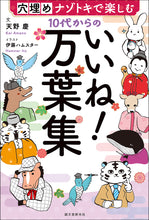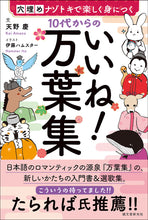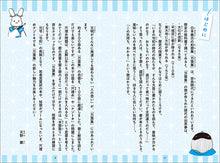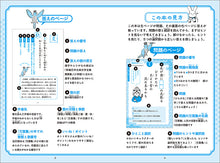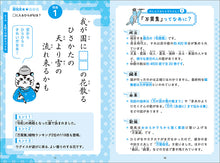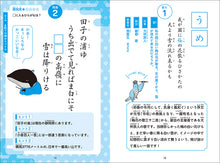
Author: Kei Amano
"A new style of introductory book and anthology of poems to the Man'yoshu, the fountainhead of Japanese romanticism.
"I've been waiting for something like this!" - Recommended by Tarareba!
Many of the words we use in our daily lives are based on classics.
For example, "empty."
It appears in the following song in the Manyoshu.
When I realize how empty the world is, the sadder I become. (Otomo no Tabito, Miscellaneous Poems, Summer, Vol. 5, 793)
【reason】
When you first realize how empty the world is, you will feel even more sad.
[Explanation]
The idea that "the world is empty" is based on Buddhist thought, but for Otomo no Tabito, who had lost his wife, a series of misfortunes, and then received the news that someone important to him (presumably his younger brother) had also died, life must have felt painful and sad. The book adds that he was "sad enough to crumble" and shed tears.
Knowing the meaning and origin of words allows you to connect with ancient Japanese people and Japanese culture.
"Chihayaburu," "Nadeshiko," "Watatsumi," "Kotodama," "Tasokare"... words that exude culture if you know them.
It even explores the deeper meanings of words we use frequently in our daily lives, such as "sakura," "Fuji," "dream," and "love."
In this book, the author, who is also a poet, selects topics that modern people will find appealing and presents them in the form of 100 fill-in-the-blank quizzes.
The book has furigana readings that can be read by upper elementary school students, so parents and children can have fun traveling through the rich world of the Manyoshu together.
"A new style of introductory book and anthology of poems to the Man'yoshu, the fountainhead of Japanese romanticism.
"I've been waiting for something like this!" - Recommended by Tarareba!
Many of the words we use in our daily lives are based on classics.
For example, "empty."
It appears in the following song in the Manyoshu.
When I realize how empty the world is, the sadder I become. (Otomo no Tabito, Miscellaneous Poems, Summer, Vol. 5, 793)
【reason】
When you first realize how empty the world is, you will feel even more sad.
[Explanation]
The idea that "the world is empty" is based on Buddhist thought, but for Otomo no Tabito, who had lost his wife, a series of misfortunes, and then received the news that someone important to him (presumably his younger brother) had also died, life must have felt painful and sad. The book adds that he was "sad enough to crumble" and shed tears.
Knowing the meaning and origin of words allows you to connect with ancient Japanese people and Japanese culture.
"Chihayaburu," "Nadeshiko," "Watatsumi," "Kotodama," "Tasokare"... words that exude culture if you know them.
It even explores the deeper meanings of words we use frequently in our daily lives, such as "sakura," "Fuji," "dream," and "love."
In this book, the author, who is also a poet, selects topics that modern people will find appealing and presents them in the form of 100 fill-in-the-blank quizzes.
The book has furigana readings that can be read by upper elementary school students, so parents and children can have fun traveling through the rich world of the Manyoshu together.
Released on 25/06/12
▼Click here for details about the book▼
Liked by teenagers! Manyoshu | Seibundo Shinkosha Co., Ltd. (seibundo-shinkosha.net)






